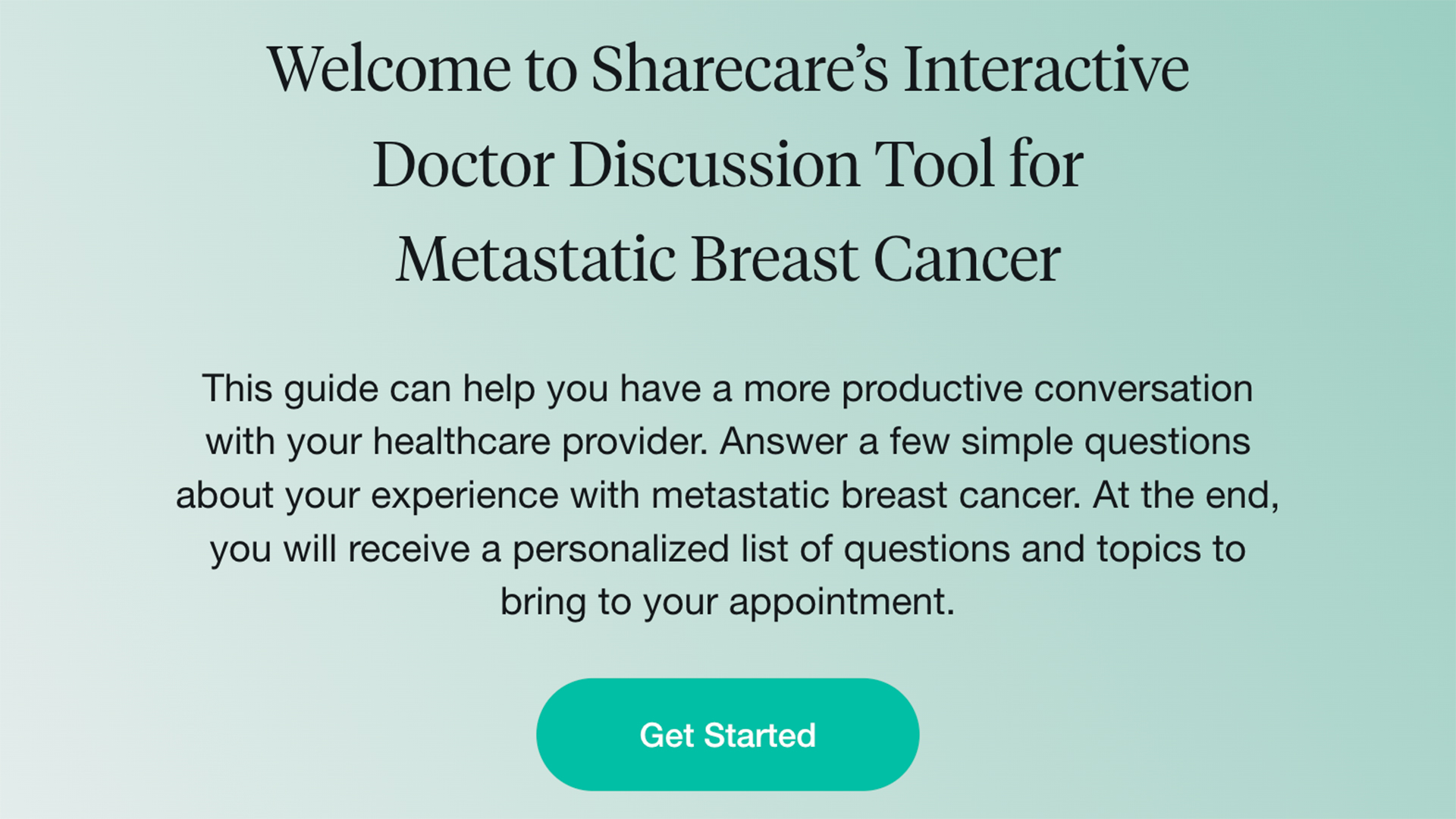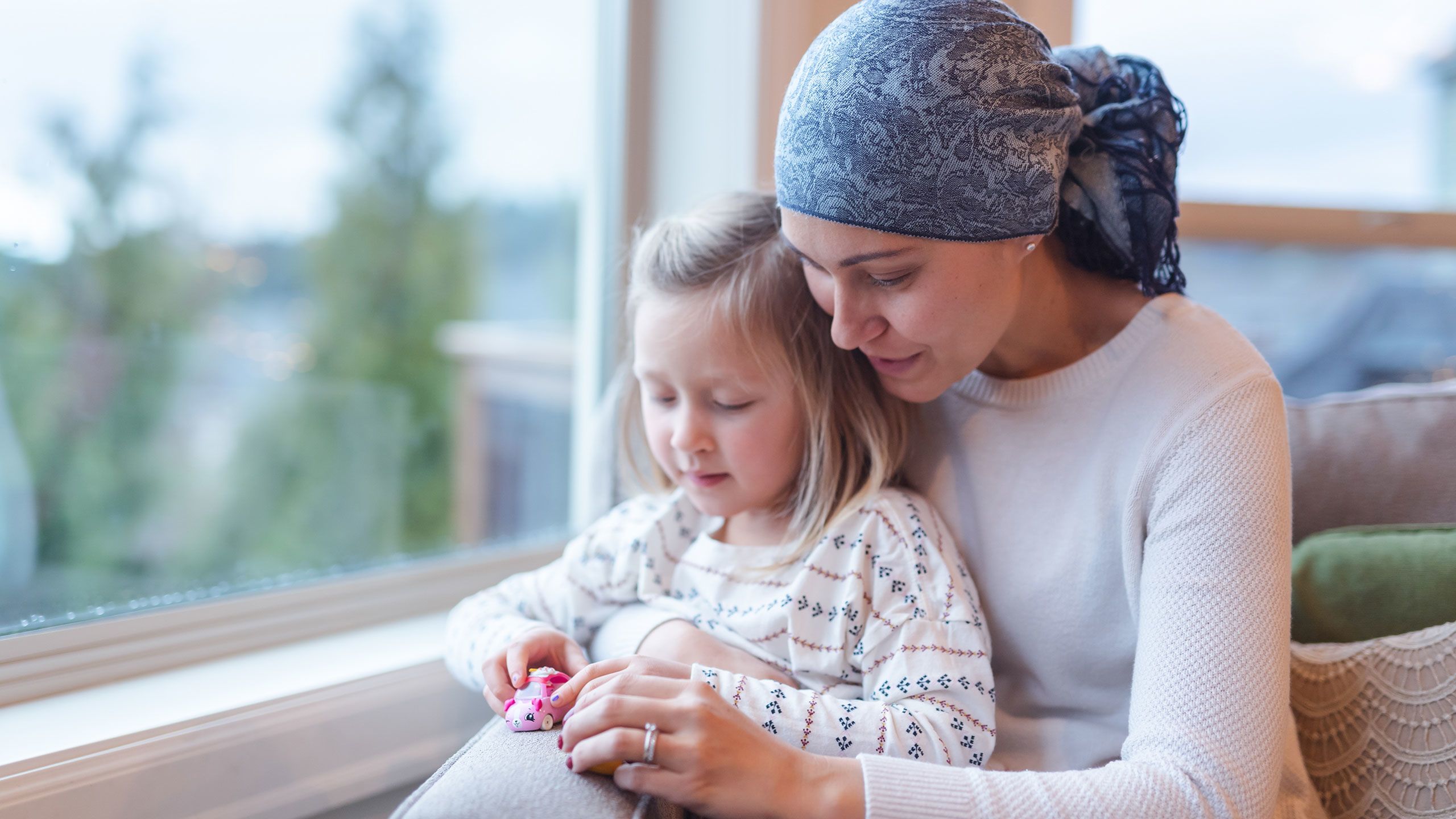Updated on October 25, 2024
Stress can trigger anxiety and depression, and cancer is extremely stressful itself.

Transcript
Learning how your mind works and learning how to work with your mind helps you realize how much power you actually have, especially when it comes to chronic disease management.
Mental health is critical to our whole body health, and it's especially important for anyone dealing with chronic conditions.
Yeah. I think, often, we've spent so much time separating the mind from the body-- taking care of physical things, taking care of mental things--
we really can't separate the two. It's really the whole person, the whole human. A cancer diagnosis, of course, can
be especially taxing on an individual's mental health. What have you seen in this area, Dr. Judd? Absolutely. A cancer diagnosis is an incredibly challenging one,
especially when it comes to mental health. Patients we've surveyed said things like, since I was diagnosed with stage 3 cancer,
my moods have been all over the place. Can't get it out of my mind. It's very hard for me to manage this problem. Others have said, going through cancer,
I cannot stop worrying and can't get any sleep. So understandably, anxiety and depression are relatively common among those diagnosed with cancer.
That makes sense. And how exactly does depression and anxiety factor in? Stress can trigger depression and anxiety,
and cancer is extremely stressful itself. Anxiety can come from a number of things, like finding a lump or another possible symptom of cancer,
the diagnosis of cancer itself, finding out the cancer has returned, upcoming doctor's visits, tests, or treatments.
Patients can be afraid that something bad is going to happen. Basically, anything that adds uncertainty to a situation
can increase anxiety. Depression can come from a number of things, including feelings of loss that come from a big change in your life, and of course,
the uncertainty over the future. So for patients out there, is it safe to say that treating both the cancer and the mental health issues is critical?
Yes, absolutely. We need to treat the whole person. Anxiety and depression can interfere with cancer treatment, so it's critical
that we address everything. Patients with unmanaged anxiety and/or depression may be less compliant with cancer medication.
Therefore, they're less likely to practice good health habits overall due to fatigue or lack of motivation. What would you recommend for patients out there, Dr. Judd?
So for anyone out there with a cancer diagnosis, in addition to the medication you're receiving to treat your cancer, there are also medicines to treat anxiety and depression.
Talk to your health care provider to see if medication for anxiety and depression is right for you too. There are other ways to also cope
with the emotional burden of cancer. So you can try things like expressing your feelings with family, with friends, or support groups;
looking for the positive, but not forcing it-- it's OK to feel your feelings, even if they're not positive; and being as active as you can.
Exercise in general can help you with your mental health. Remember, feelings like anxiety and depression after a cancer diagnosis are relatively common.
Talk to your health care provider, and together you can develop the best path forward.




